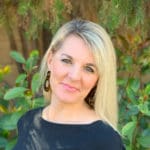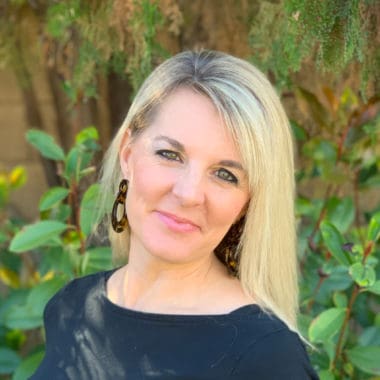Hi Claire,
I have a question regarding the “credentials” we discussed in the query letter meeting on Saturday. I am feeling a desire to further my education which I am praying about. I am hoping it will make me a better/more informed writer with more credibility.
You have furthered/are furthering your education in areas that also appeal to me, and I was wondering if you had any insights to share with me as I discern.
I have taken a few classes with Avila Institute for Spiritual Formation and would like to take more, but is that the kind of thing that I would put in a bio— or is it more “enrichment,” that is, valuable but doesn’t add to credibility?
The question above was sent to me following a workshop we offered in our PraiseWriters Catholic Writing Community. We had discussed writing a convincing query letter to a traditional publisher pitching a book idea.
The acquisitions editor teaching the workshop, Rebecca Martin from OSV, emphasized that a key component a publisher would be looking for in such a letter is your list of “credentials.” By that, she meant the things in your background and bio that assure the publisher—and the future reader—that you are, in fact, the one to write this book. That you have something to say about this topic and can speak to it with authenticity and a certain authority. Credentials can include life experiences, work and leadership experience, training, recognitions and awards, publications, formation, and education.
My writer friend was wondering if a ‘certification’ held enough weight to be included in a query letter or book proposal.
The short answer is absolutely, it does.
Heidi Saxton, Senior Acquisitions Editor at Ave Maria Press told me this: “One of the most important ways to establish authority with potential readers is through formal education and formation in an area related to the subject of the book you wish to write. This can range from graduate degrees in theology to certificates in specialized areas of study such as catechesis or spiritual direction. Seeking such formal courses of study will not only help you to process your own spiritual journey more fruitfully, it will give you a spiritual “baseline” from which you can articulate spiritual truths with authenticity and confidence.”
In my own experience, a graduate-level certification in spiritual theology through the Avila Institute helped me in more ways than one—as a person, primarily, but also as a writer.
I grew in my understanding of the spiritual life but simultaneously also grew in my ability to communicate that deeper knowledge with clarity and confidence. I was given powerful language to articulate timeless truths—and even my own inner experiences.
I knew what I was writing (and speaking, as writing turned into speaking opportunities for retreats and conferences) was solidly in line with Church teaching and tradition and could therefore be shared with conviction.
During my studies in spiritual theology, I was introduced to new (to me and to the Church) saints and soon-to-be saints. I was able to make beautiful connections between concepts and ideas that made their way into my work and made it richer and more interesting. (to both my reader and to me!). In fact, without the classes at Avila, I may never have met St. Elizabeth of the Trinity and almost certainly wouldn’t have written a book on her life.
In my papers and reflection assignments, I practiced the very kind of writing I desired to do — and received real-time feedback from world-class professors of spiritual theology. No creative writing program could have done that.
I also believe that my certification—from a respected Catholic organization known for its commitment to authentic, solid teaching and spiritual depth—reassures readers, event planners, podcast hosts, and retreat organizers—and as Heidi expressed above, to publishers—that what I say and write will be rich and true. And that’s what I find hosts, organizers, and publishers are looking for in speakers and writers: depth. Salt and light. Real substance. They are well aware that the Church is hungry for ‘more’ and the demand is high for those who can go beyond the surface and take readers and listeners on journeys to the heights of heaven and into the depths of their own hearts.
I’m halfway through a Master of Arts in Ministry program at the Institute of Ministry Formation at St. Vincent’s Seminary in Latrobe, PA. One of my Avila instructors recently asked me if my time studying at Avila had prepared me well for this fully accredited program. “Oh yes,” I said. “It’s made all the difference.” I reflected that even an undergraduate degree in Theology at Franciscan University had not given me enough of a background in spiritual theology for the kind of writing, teaching, and mentoring that I have discerned I am called to.
In the end, it comes down to just that—what are you called to? But if you are called to communicate the Faith, and feel drawn to deepening your formation with a respected certification program, then you can be confident that others will see your completion of it as a sign of credibility.
It’s not a waste of time or money. Quite the opposite — it is an eternal investment in yourself and in your ability to communicate the Gospel.
Study. Study in earnest. If you are to be salt and light, you need knowledge.– St. Josemaria Escriva, The Way, 340.
_________________________________________________________________
Image: Unsplash+





